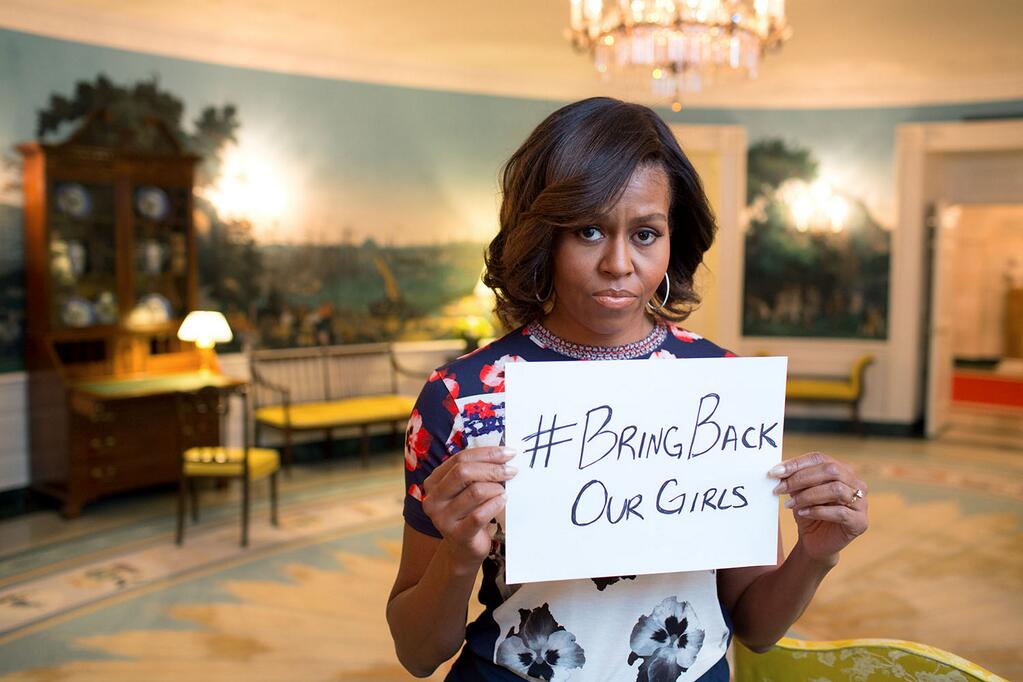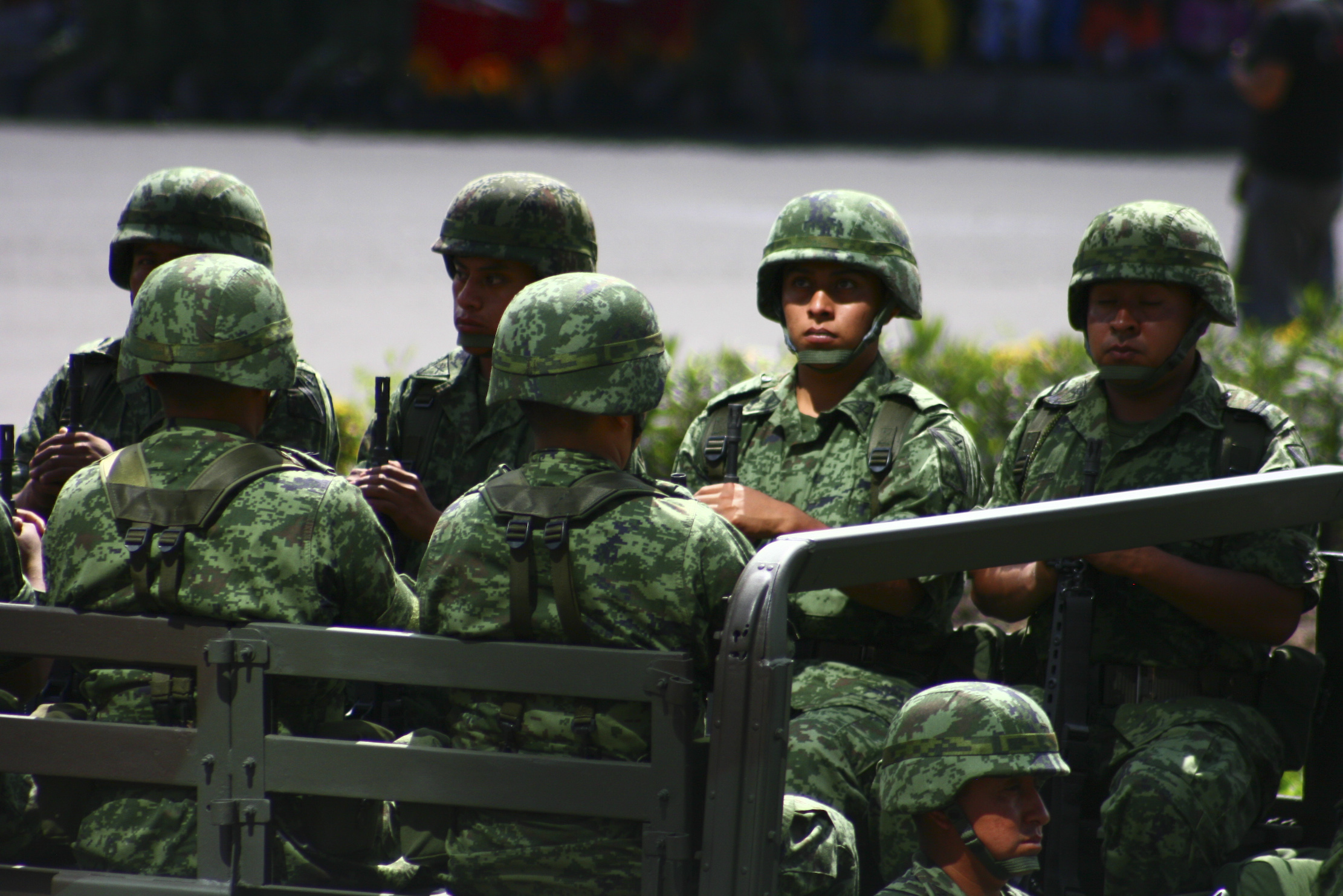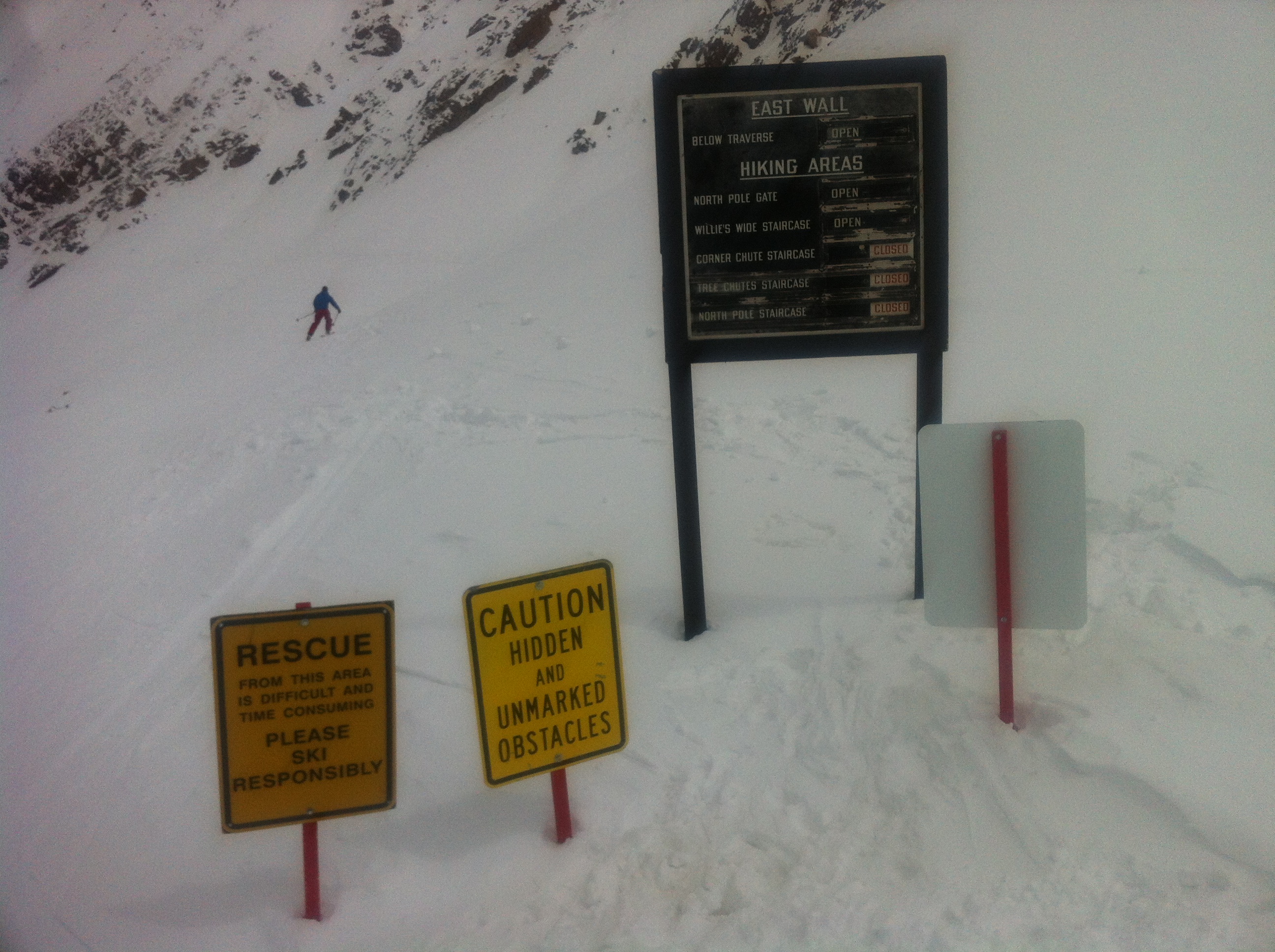This post is going to be in two parts. In the first, I make a substantive point about nuclear terrorism, an issue I’ve wanted to address for some time. In part two, I build off my views on nuclear terrorism to make a meta-level point about what experts have to offer a general policy audience and how that audience should receive what we have to say.
Back in 2008, in a New York Times Op-Ed, the national security journalist Jeffrey Goldberg wrote the following about the prospects for a nuclear detonation by terrorists in the US:
“Many proliferation experts I have spoken to judge the chance of such a detonation to be as high as 50 percent in the next 10 years. I am an optimist, so I put the chance at 10 percent to 20 percent. Only technical complications prevent Al Qaeda from executing a nuclear attack today.”
Goldberg doesn’t name these proliferation experts, but he’s a careful reporter with an excellent reputation, so I think we should presume he faithfully reported what he heard. Goldberg’s Op-Ed appeared about 2 months before the final report of the Commission on the Prevention of WMD Proliferation and Terrorism, which came to similarly alarming conclusions. The Commission was led by Graham Allison, the former Dean of the Kennedy School of Government at Harvard and one of America’s most influential experts on international affairs. Allison worked with a team of governmental and non-governmental experts on nuclear proliferation; he had a large budget to work with; the Commission staff traveled all over the country and the world interviewing top experts in the field. So, here we have an example of security experts giving advice on policy, in this case through a journalist and a government commission rather than directly to the public, on issues of fundamental importance to national security. As critical consumers of policy pronouncements, what should we make of these claims?
I am not an expert in nuclear terrorism or proliferation, and I have done no significant research on the topic. Thus, in this particular case, I’m in the same boat as the general consumer of policy expertise. Yet, even knowing very little, I think we have good reason to assign essentially zero credibility to these claims. The reason is simple: to the present time, no terrorist group has ever used a nuclear weapon; indeed, no terrorist group has ever possessed a nuclear weapon. Therefore, it is not possible to form reliable beliefs about the conditions under which such a thing might come to pass. Where we have no data, as in this case, there is nothing to extrapolate from. In cases like this one, the best thing to do is to accept that we are overwhelmed by uncertainty, and accept that the real policy problem is to figure out what to do when we know very little. In other words, the real policy problem is a philosophical one, not an empirical one.
The Goldberg/Allison perspective on nuclear terrorism has been ably criticized by, among others, John Mueller and Michael Levi. My gut reaction is that the critics are right and the odds of nuclear terrorism are really (really, really) low. Still, I think these critics are missing the more important point I make here: at the end of the day, what we know about nuclear terrorism amounts to very little, especially relative to the many assumptions we have to make to generate meaningful policy recommendations.






0 comments
Totally agree. Look at the instances of terrorist use of other WMDs. Very low when presumably they would be much cheaper and easier to access.
Matthew, I have been studying this precise topic for over a decade, both at the substantive level of terrorist motivations, capabilities and decision making (not to mention nuclear material opportunity structures) and at the epistemological level, i.e., how we can make any useful inferences whatsoever about such high-consequence events with a historical empirical record of zero. I have published a chapter in which I tackle all of the issues you mentioned head-on [Gary Ackerman, “The Future of Jihadists and Weapons of Mass Destruction, in Gary Ackerman and Jeremy Tamsett (eds.) Jihadists and Weapons of Mass Destruction, Boca Raton, FL: CRC Press (2009) – apologies for citing my own book, but there really has been little rigorous exploration of this issue; I also touch on some of these areas here: http://www.hsgac.senate.gov//imo/media/doc/040208Ackerman3.pdf?attempt=2 ]. I also have run my own expert elicitation on the topic, since I felt that the other studies (from the Lugar Survey to the WMD Commission Report) were insufficiently scientific. Like you, I am a natural sckeptic when presented with doomsayers, but all the evidence suggests that, while the probability is certainly low for terrorists to use nuclear weapons, it is most definitely non-zero, and also non-trivial. The results of my elicitation, which involved a months-long iterative Delphi-type process using heterogeneous experts from numerous fields and institutional backgrounds, yielded very similar results to the other studies you mention, and while I believe that Allison’s estimates are on the alrmist side, very thoughtful and knowledgeable people keep coming to the same conclusion of a real threat. I would love to get into the epistemological aspects that are more general than this particular issue, but am on travel at the moment so have limited time. Suffice it to say that you raise an excellent point about uncertainty in the absence of empirical data and the presence of high system dynamism and the role of policy (and even scholarly research therein)…if I have some more time in the next few days I will offer some comments on these broader conundrums.
Thanks very much for your comments, Mr. Ackerman. I agree with you that the probability of nuclear terrorism is non-zero (this kind of goes without saying, since it’s a possible event). That the probability is non-trivial (say, greater than .01 over ten years) I do not think we can say with any degree of confidence. I must admit I had no idea what a Delphi-style process is, so I looked it up on Wikipedia. My response is that convergence in expert opinion cannot be terribly informative if the these experts, severally, have no way to arrive at accurate predictions. This is not a matter of questioning anyone’s intelligence. My point is that these expert are guessing, because it is impossible for them to be doing anything else. Thinking through all of the steps that a terrorist would have to go through in order to use a nuclear weapon strikes me as a very valuable exercise, because it suggests lots of points at which obstacles can be created. I’m fine with that. What I am not fine with is people pretending to be able to arrive at probabilistic assessments of the outcome in a rigorous fashion.